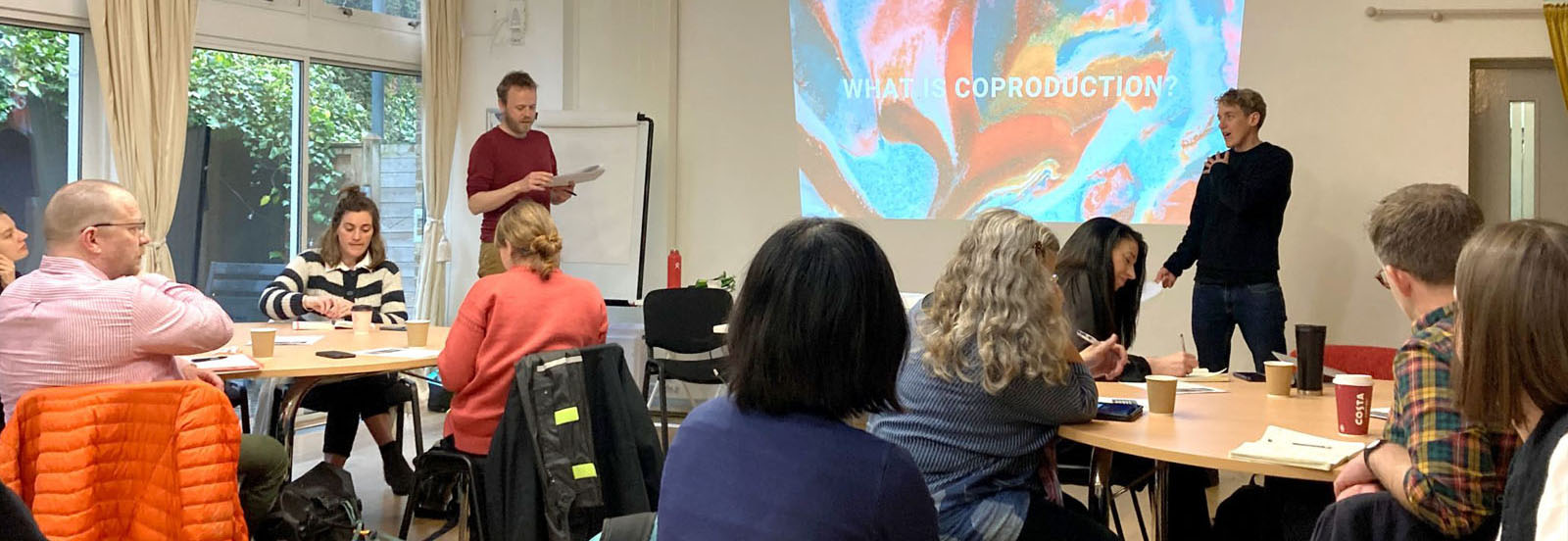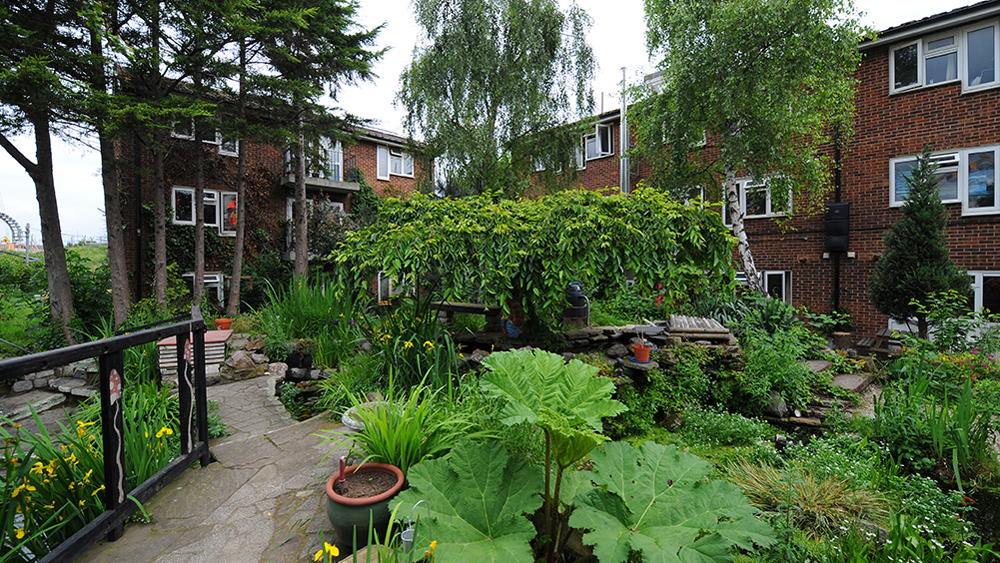Lambeth Self Help have submitted planning applications on two microsites in the borough.
The designs produced by Chance de Silva Architects show what is possible with clever design to make the most of very small spaces whilst still meeting space standards and contributing positively to the streetscape. The new homes will allow existing co-op members to downsize into attractive and accessible new homes, allowing new households from the Council’s waiting list to be accommodated in larger existing properties.
Lambeth Self Help is a fully mutual housing co-operative, representing the interests of members since the 1970s. The co-op worked with CLH London to review their development strategy and select a suitable professional team, and have also received advice on planning and delivery.
This will be a significant project for Lambeth Self Help, who own a number of Victorian street properties in the borough. It comes alongside an environmental retrofit programme they led for other homes, which secured government funding.

